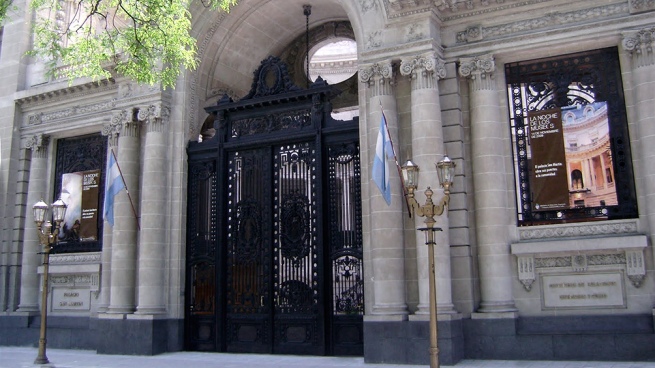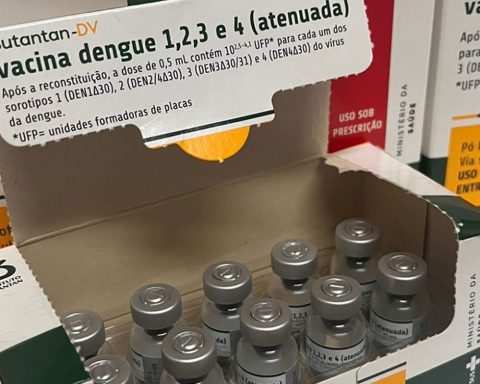The The Ministry of Foreign Affairs described this Tuesday as “unilateral” the decision of the Brazilian government to apply a new reduction of the Common External Tariff (AEC) of Mercosurand stated that he will begin to “analyze the implications” of the measure adopted by the neighboring country.
“The Brazilian economic authorities have announced a new unilateral and transitory reduction of 10% of the Common External Tariff of Mercosur,” said sources from the Foreign Ministry, who highlighted the portfolio will proceed “to analyze the implications of this second reduction announced yesterday”.
The sources indicated that “this new temporary reduction is added to the one already applied, also temporarily, in November 2021 (GCEX/CAMEX Resolution 269/2021) of another 10%.”
They also pointed out that the new reduction is justified by Brazil “because of its anti-inflationary policy, which is of an exceptional and temporary nature (until December 31, 2023), and taking into account the need to lower the prices of basic products, in a global inflationary context due to the conflict in Ukraine”.
On this occasion, the universe of goods covered is similar to that of last November’s measure, covering “close to 87% of the Mercosur Nomenclature”, they added, in addition to clarifying that “does not include the automotive sector or products considered sensitive timely agreed upon with Argentina”.
“Argentina is working, together with its partners, on the ‘mercosurization’ of the 10% reduction announced by Brazil in November 2021, as agreed in due time,” they highlighted from the Foreign Ministry.
This Monday, the Brazilian government reduced import tariffs on 6,195 tariff positionsamong which stand out goods such as beans, meat, pasta, cookies, rice, construction materials, among others.
The decision was made by the Chamber of Foreign Trade after an extraordinary meeting and is of a “temporary and exceptional nature,” said Foreign Trade Secretary Lucas Ferraz.
Brazil had the highest inflation since 1994 for the months of April and March and accumulates in 12 months an advance of 12.3% in the price index, three


















